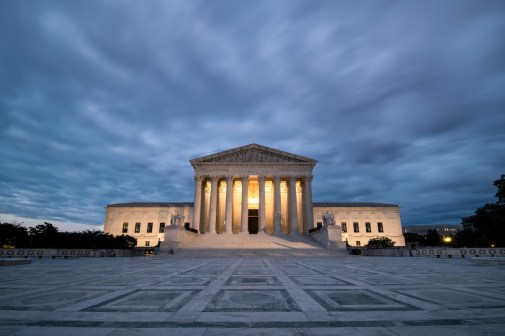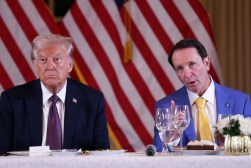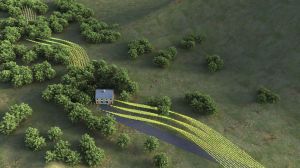Alaska Internet speeds lag behind most of nation, FCC says

Internet speeds in rural Alaska trail most of the rest of the United States’ average Internet speeds, according to a new report from the Federal Communications Commission.
Nearly 40 percent of residents in the state lack access to modern broadband services including high-quality voice, data and video offerings, according to the report. Most of the problem exists in rural Alaska where 81 percent of residents lack access to Internet that meets today’s speed requirements.
But it’s not all bad news for The Land of the Midnight Sun — rural areas in Vermont, Montana, Arkansas, Oklahoma and Texas can actually have worse Internet speeds than Alaska.
“It’s not very good, and it’s very expensive, like everything else out here,” Richard Spencer, a technology liaison and Kalskag Village High School math teacher, told the Alasksa Dispatch News. “Two students couldn’t get on it [Friday]. They sat here for a while and wasted time until I had them work on other assignments.”
At Spencer’s school in Southwest Alaska, Internet speeds normally top out at 2 megabits per second — a huge gap from the 25 megabits per second the FCC recently designated as the acceptable national benchmark speed for downloads.
“This is just one more challenge to [student] education,” Spencer said. “We already can’t take a field trip to the museum and some of the students have no idea what a sidewalk is because they have never been to a city.”
General Communication Inc., Alaska’s leading wireless Internet provider, is attempting to boost these rural Internet speeds with an ambitious program to string a fiberoptic line between Homer, Alaska and the southwestern village of Levlock, to help expand the signal across the state. Alaska Communications, another broadband provider, is also investing in improved Internet service.
Bill Popp, the chairman of the Alaska Broadband Task Force, said the state would need about $1 billion to hit the goal of 100 megabits per second by 2020. That goal of 100 megabits per second comes as President Barack Obama and several state governments are pushing for gigabit Internet speeds, or 1,000 megabits per second.






